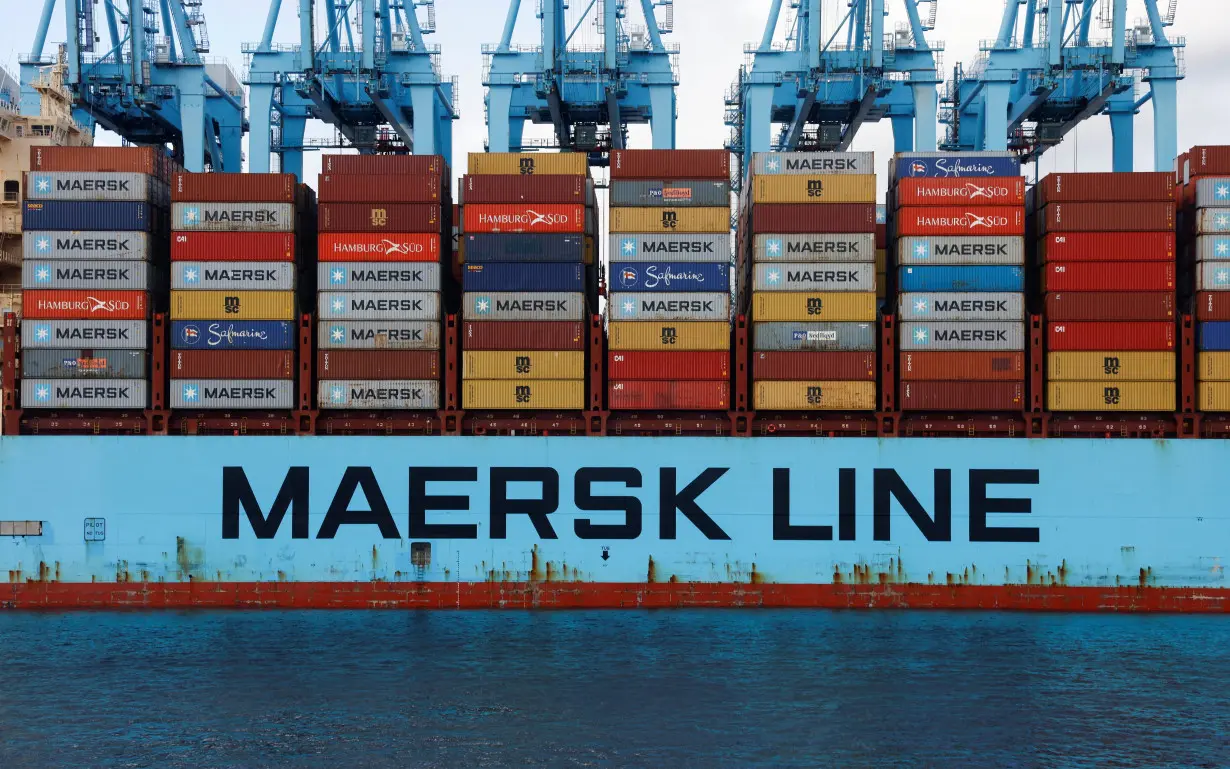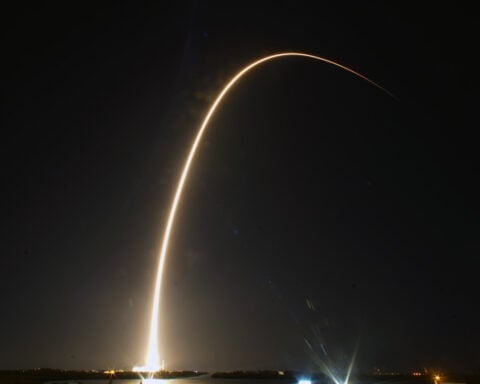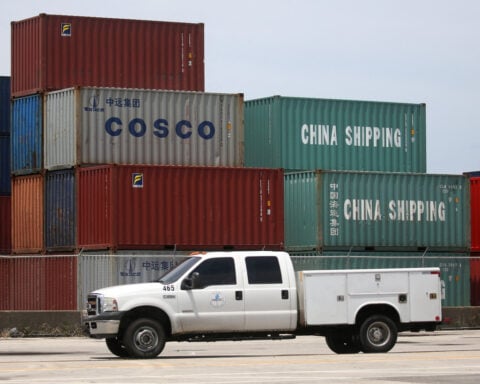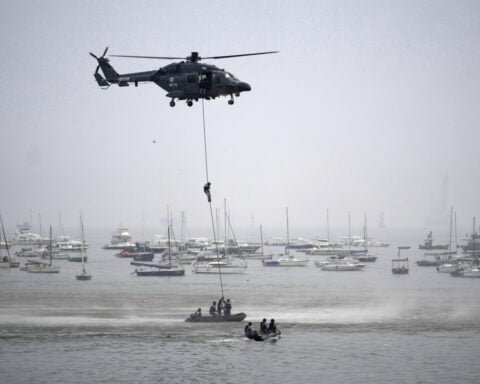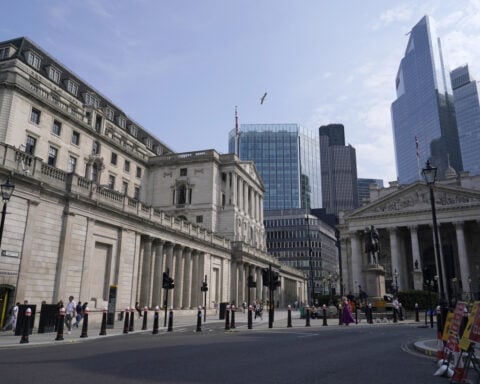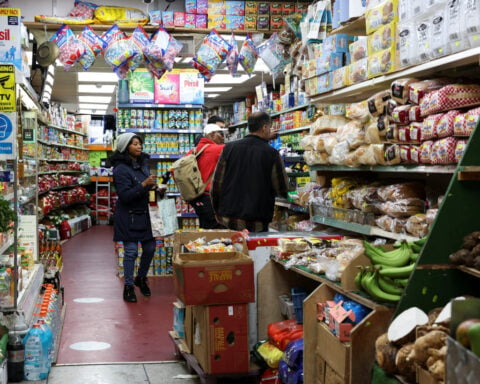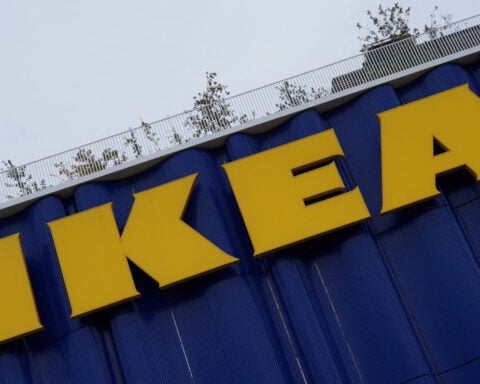STOCKHOLM (Reuters) - Denmark's A.P. Moller-Maersk said on Wednesday that disruption to its container shipping via the Red Sea had extended beyond trade routes between the Far East and Europe to its entire global network.
Shipping groups have diverted vessels around Africa's Cape of Good Hope since December to avoid attacks by Iran-aligned Houthi militants in the Red Sea, with the longer voyage times pushing freight rates higher.
Maersk warned on July 1 the coming months would be challenging as disruptions to shipping via the Red Sea continue.
"The cascading impact of these disruptions extends beyond the primary affected routes, causing congestion at alternative routes and transshipment hubs essential for trade with Far East Asia, West Central Asia, and Europe," it said on Wednesday.
"Ports across Asia, including Singapore, Australia, and Shanghai, are experiencing delays as ships reroute and schedules are disrupted, caused by ripple effects from the Red Sea," it said in a statement.
As an example, Maersk said its Oceania network was hit by congestion in Southeast Asian hubs caused by equipment shortages and capacity constraints due to the Red Sea disruption.
"The delays in Southeast Asian hubs pose a risk of disruption at Australian ports due to vessel bunching on arrival, resulting in longer waiting times and other delays," it added.
"The congestion and disruption have extended beyond the hubs and into Northeast Asia and Greater China ports, causing delays."
Maersk said ocean cargo demand remained robust globally, and the group was working to limit disruptions to customers partly by securing additional containers.
"We are preparing for continued disruptions by adjusting our network and supply strategies accordingly," it added.
Shares in the company, which was not immediately available for further comment, were down 1.5% at 0904 GMT.
(This story has been corrected to say 'the Far East and Europe,' not 'far Eastern Europe,' in paragraph 1)
(Reporting by Louise Rasmussen; Editing by Anna Ringstrom and Mark Potter)

 India's navy launches submarine, warships to guard against China's presence in Indian Ocean
India's navy launches submarine, warships to guard against China's presence in Indian Ocean
 UK inflation unexpectedly eases in December, which could reduce pressure in bond markets
UK inflation unexpectedly eases in December, which could reduce pressure in bond markets
 Body count from South African mine siege rises to 60
Body count from South African mine siege rises to 60
 Question on ASEAN stumped Hegseth at Senate hearing. What is it and why is it important?
Question on ASEAN stumped Hegseth at Senate hearing. What is it and why is it important?
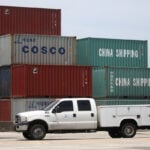 US importers rush in goods from China as Trump tariff threat looms
US importers rush in goods from China as Trump tariff threat looms
 Novak Djokovic breaks a tie with Roger Federer for the most Grand Slam matches in tennis history
Novak Djokovic breaks a tie with Roger Federer for the most Grand Slam matches in tennis history
 China's RedNote: what you need to know about the app TikTok users are flocking to
China's RedNote: what you need to know about the app TikTok users are flocking to
 British author Neil Gaiman denies ever engaging in non-consensual sex as more accusers come forward
British author Neil Gaiman denies ever engaging in non-consensual sex as more accusers come forward
